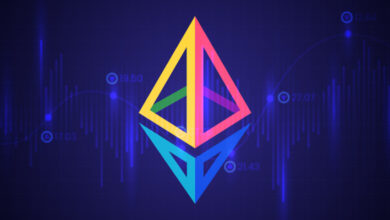Switzerland is playing a key role in building the metaverse

All the technology giants are investing massively in the so-called metaverse, the internet-accessed digital duplicate of the physical world.
Switzerland is at the forefront of these innovations and is making a name for itself worldwide in this emerging sector. Microsoft, Facebook, Google, Disney Research and Magic Leap have all opened offices or research laboratories in Zurich. Zurich has become a global hub,” says Marc Pollefeys, Director of Mixed Reality & AI Zurich Lab.
“The tech giants attract a large share of the brains trained at ETH Zurich, but also at the Swiss Federal Institute of Technology Lausanne (EPFL),” confirms Ronan Boulic, a lecturer and researcher at EPFL and a virtual reality specialist. “The EPFL imaging centre, which sparks collaboration between several laboratories, has also gained international renown,” he adds.
Meta (formerly Facebook) is planning to hire 150 new staff in Zurich to work on these immersive worlds. A significant share of Google’s 4,000 Zurich-based employees are also focusing on the metaverse. The augmented reality specialist Magic Leap has been regularly expanding its research and development team in Zurich. However, it has given up its hub in the EPFL Innovation
Disney Research Zurich (DRZ) is one of two research laboratories of The Walt Disney Company and the only one linked to a European university. Research at the DRZ focuses on modelling the human face. In particular, Disney Research has developed a high-quality camera capable of capturing facial expressions to create a digital avatar. It has also announced the development of a virtual reality application that features a range of sensations and embodied haptic experiences, such as feeling the rain in a virtual environment.
Microsoft, for its part, has created Mixed Reality & AI Zurich Lab, a 25-person laboratory dedicated to basic and applied research in the field of computer vision for use in virtual and augmented reality settings.
Professor Marc Pollefeys heads this lab while continuing to teach computer science at ETH Zurich. In particular, he is studying the various applications of Microsoft’s augmented reality headset HoloLens and is working on developing the device’s ability to map its surroundings in 3D and recognise objects around it.
“We synchronise virtual objects and digital information with the real world. At the moment, the applications are mainly for industry and the workplace,” he explains. A technician could service a machine without a manual, thanks to the instructions displayed on his mixed reality headset and the involvement of experts. “Part of our team is also working on telepresence via avatars,” Pollefeys adds.
Some Swiss companies are developing technologies that could improve the hardware components involved, miniaturising the glasses to be used or making them more user-friendly. Others companies are involved in building the various platforms that promise social interactions without having to go anywhere, for example when organising a business meeting, attending a class or walking around a shop.





